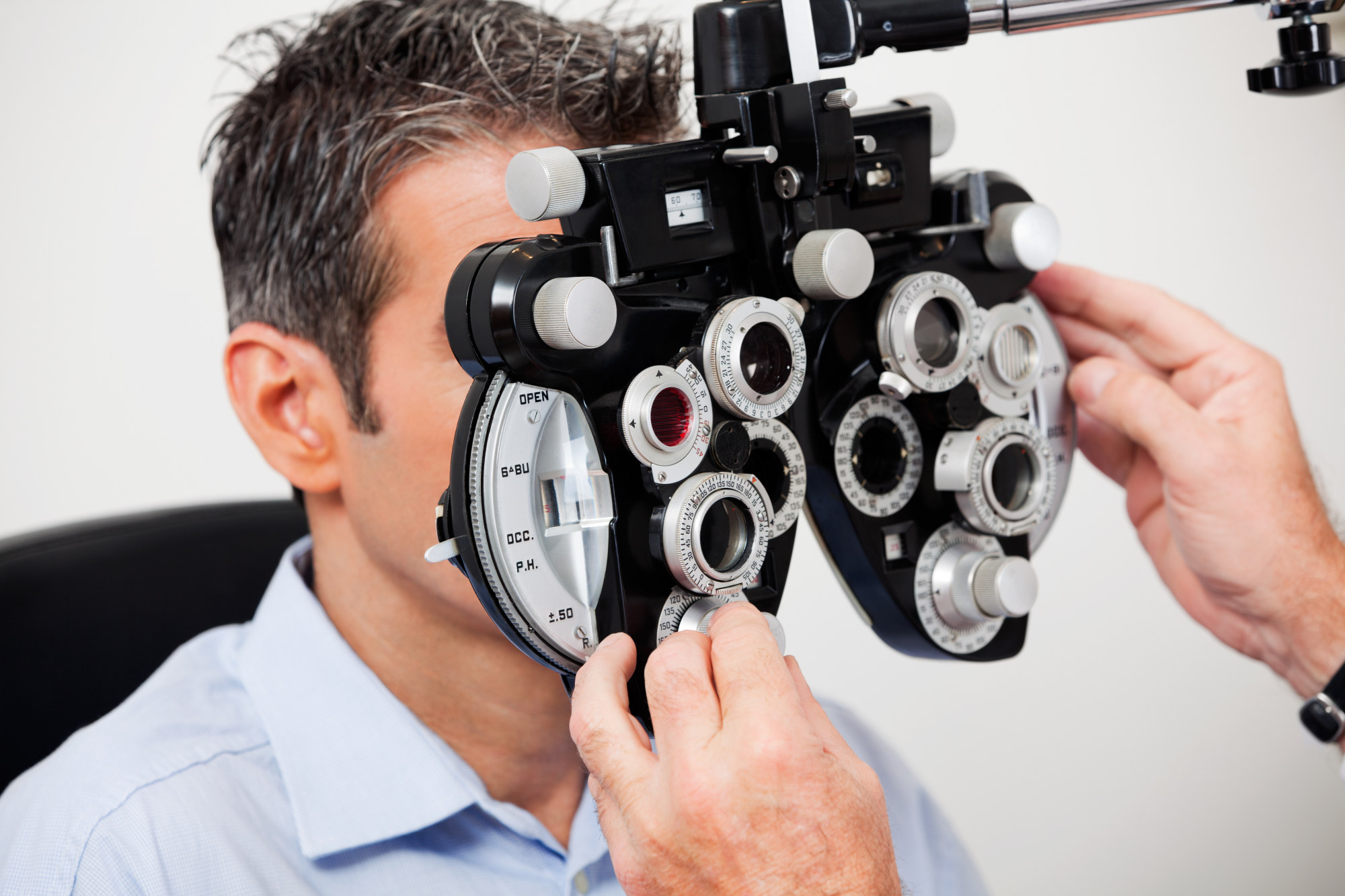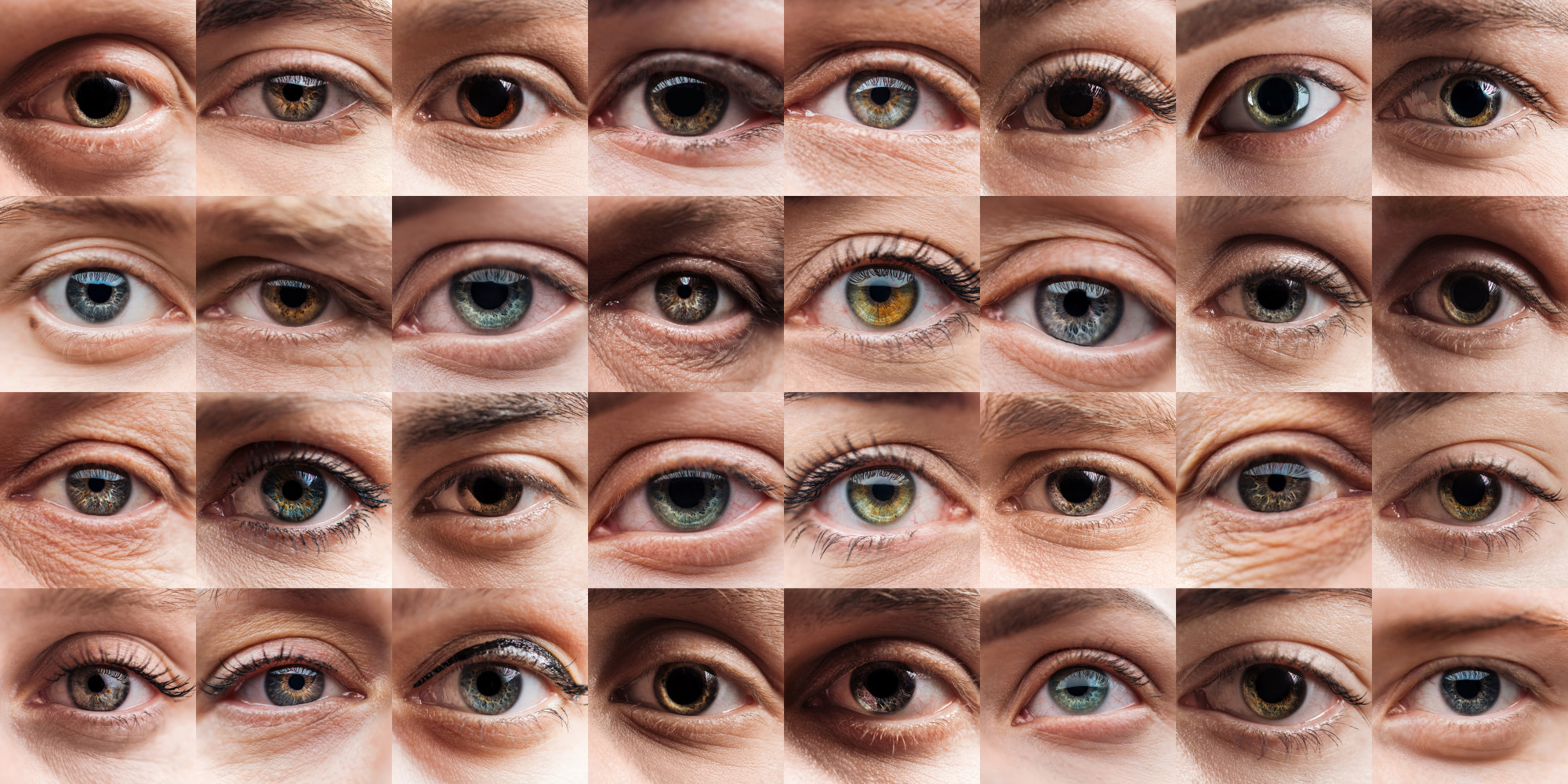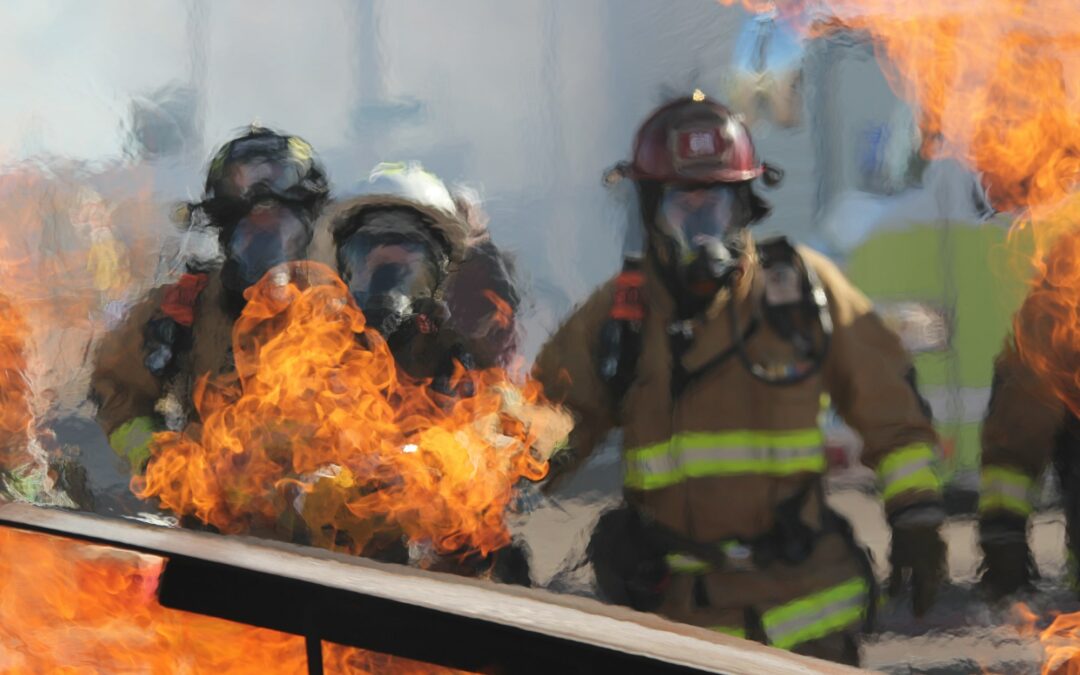Excellent eyesight is one of the essential physical traits a firefighter needs to perform their job effectively. Without it, the chance of injury or even death increases significantly. Since firefighters are often called upon to save not just buildings but other people (and animals), superior vision and vision insurance are essential for firefighters.
1. Does a firefighter need vision insurance if he has medical insurance?
The short answer is yes, and here’s why: While your health insurance does cover any unexpected eye injury or disease, it doesn’t help with preventative care. That is, ensure that your eyes stay as healthy as possible for as long as possible.
2. How do I know if my problem pertains to vision or health insurance?
One way of thinking about it is this: If your you develop a problem with your vision due to a medical condition in another part of your body, it will fall under medical insurance billing. For example, diabetes can sometimes trigger vision issues. You might go to the optometrist first to figure out what’s going on, but if it’s determined that high blood pressure is causing the issue you are having, treatment would be covered by your health insurance.

3. What are the most significant benefits of having vision insurance?
As opposed to medical health insurance, vision insurance helps keep your eyes and vision in a state of optimum health and wellness because it includes benefits like yearly eye exams, prescription glasses (lenses and frames) or contacts, and even imaging in some cases. What’s that last one? Today, machines that take a picture of the macula (the area behind the eye where all the blood vessels are) is commonplace in optometrist offices. Imaging can catch serious diseases like macular degeneration, which can be arrested if caught early, and other non-vision related conditions, like high blood pressure.
4. Is there a co-pay with vision insurance?
Vision insurance, like other types of insurance coverage, amounts to paying a yearly premium in exchange for plan services. Most vision insurance plans carry a co-pay and deductible, just like medical (health) insurance. The co-pay and deductible are independent of your medical (health) insurance.
5. Does having vision insurance save money in the long run?
Absolutely! Across almost all industries, vision insurance is a huge cost-savings to the bottom line of any household budget. Ordinary things like routine eye exams and prescription glasses (don’t forget prescription sunglasses – a game changer!) or contacts are expensive in today’s marketplace. The real focus (no pun intended) for professions like firefighting, where vision is critical to job performance, is preventative care. When a person’s eyesight begins to change, which can happen as early as a person’s twenties, catching that change and treating it with glasses can help keep it from getting worse even faster.

6. Should I consider long-term care coverage even if I have medical and vision insurance?
Long-term care (and long-term disability, for that matter) coverage is essential, regardless of your health or vision insurance status. As a firefighter, protecting your paycheck and your most valuable asset – your ability to earn a living, is vital.

